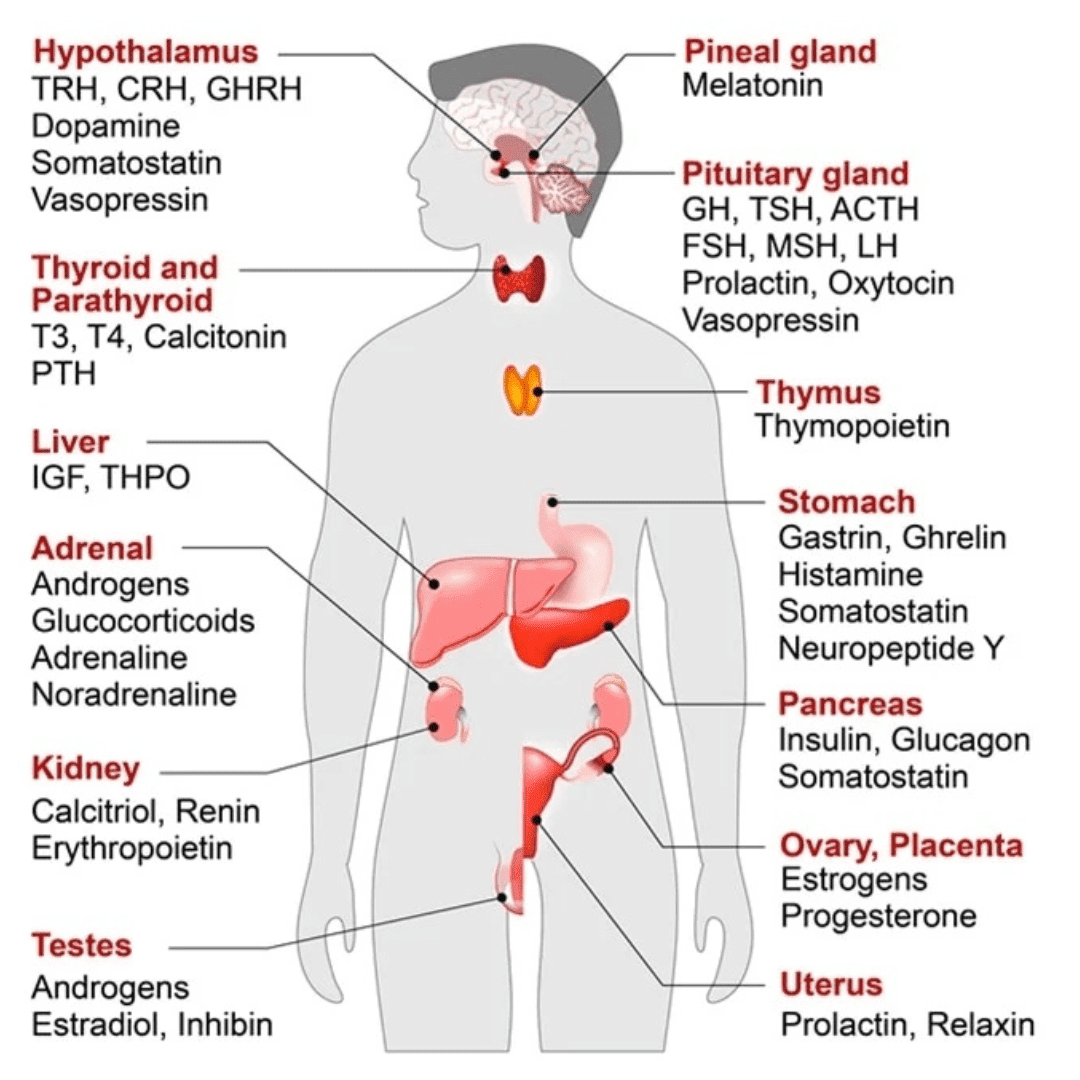Male Hormones and How an Endocrinologist Can Help

Male hormones, particularly testosterone, play a crucial role in regulating various functions in the body, including sexual health, muscle mass, bone density, and energy levels. When there is an imbalance in hormone levels, it can lead to a range of health issues, from low libido and fatigue to infertility and mood disorders.
Common Male Hormonal Issues
- Low Testosterone (Hypogonadism)
Low testosterone levels can result in symptoms like decreased sexual desire, erectile dysfunction, muscle weakness, weight gain, and depression. Testosterone naturally declines with age, but in some cases, levels fall too low, affecting overall health. Infertility
Hormonal imbalances can impact sperm production, leading to fertility issues in men. Low testosterone and other hormone-related conditions can interfere with the ability to conceive.Andropause
Often referred to as male menopause, andropause is marked by a gradual decrease in testosterone levels, leading to fatigue, irritability, reduced libido, and weight gain. This condition typically affects men in their 40s and 50s.Thyroid Disorders
Thyroid hormones regulate metabolism, and imbalances can lead to symptoms such as weight fluctuations, fatigue, and mood swings. Hyperthyroidism (excess thyroid hormone) or hypothyroidism (low thyroid hormone) can disrupt male hormonal health.

How an Endocrinologist Can Help
An endocrinologist specializes in diagnosing and treating hormone-related conditions. If you’re experiencing symptoms of hormone imbalances, an endocrinologist can offer:
Comprehensive Hormone Testing
Through blood tests, an endocrinologist can assess your testosterone levels, thyroid function, and other important hormones to identify any imbalances or deficiencies.Personalized Treatment Plans
Based on your test results, your endocrinologist will create a tailored treatment plan. This may include hormone replacement therapy (HRT) to restore testosterone levels, medication for thyroid issues, or lifestyle changes to improve overall hormonal balance.Fertility Treatment
For men facing infertility due to hormonal issues, an endocrinologist can provide specialized treatments such as testosterone therapy, medications to stimulate sperm production, or assisted reproductive technologies.Management of Chronic Conditions
Hormonal imbalances are often linked to chronic conditions such as diabetes, obesity, or cardiovascular disease. An endocrinologist can help manage these conditions, improving your long-term health and quality of life.Monitoring and Ongoing Support
Hormonal treatments require careful monitoring to ensure the best outcomes. Your endocrinologist will regularly check your hormone levels and adjust your treatment plan as needed.- Testosterone and Sexual Function:
- Testosterone, the primary male sex hormone, plays a crucial role in maintaining sexual function, including libido, erectile function, and sperm production.
- Erectile Dysfunction (ED):
- Erectile dysfunction is a common disorder characterized by the inability to achieve or maintain an erection sufficient for sexual performance. Low testosterone levels can contribute to ED.
- Hypogonadism and Sexual Dysfunction:
- Hypogonadism, a condition of low testosterone production, is associated with sexual dysfunction, including reduced sexual desire, erectile difficulties, and diminished overall sexual satisfaction.
- Delayed Puberty:
- Insufficient testosterone production during puberty can lead to delayed sexual development, affecting the growth of sexual organs and the development of secondary sexual characteristics.
